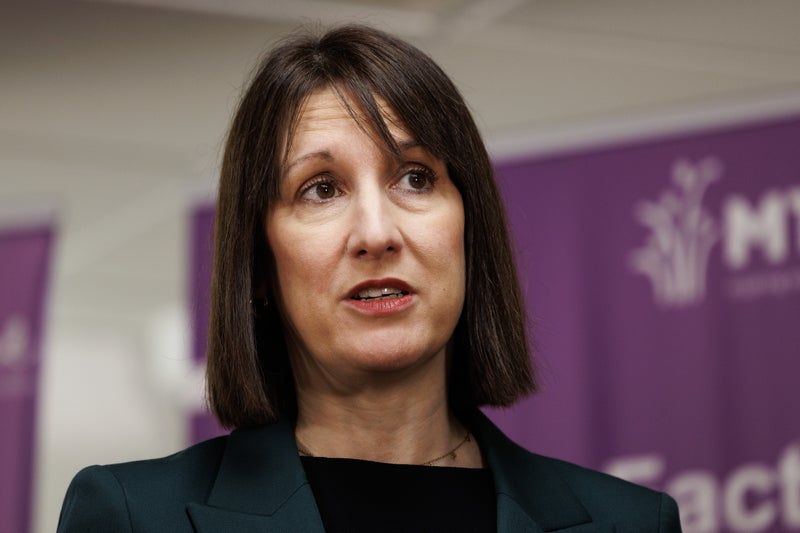Birth control devices and HRT therapies to be listed on PBS alongside Medicare and bulk-billing changes, with Coalition immediately backing policy. Australian women will save hundreds of dollars thanks to new subsidies for contraceptive pills and hormone therapy, in a major investment announced by the federal government. The $573m package will put new contraceptive pills on the pharmaceutical benefits scheme (PBS) for the first time in decades. The move follows two parliamentary inquiries into reproductive health and menopause.
The raft of health measures also includes higher Medicare payments and bulk billing for intrauterine devices (IUDs) and birth control implants, which the government calculated could save up to 300,000 Australian women $400 in out-of-pocket costs. Sign up for Guardian Australia’s breaking news email. The minister for finance and women, Katy Gallagher, told the ABC’s Insiders on Sunday the measures will make a difference for millions of people, but “there’s always more to be done”.
“These are really good investments into women’s health,” she said. “[They will help] women who are going through menopause who really have felt left behind by the health system.”. Medicines on the PBS cost $31.60 a script, or $7.70 with a concession card. Menopause treatments including Estrogel, Promentrium and Estrogel Pro, some of which have previously experienced supply shortages, will also be on the PBS, saving women up to $290 a year, or $577 for those with a concession card.
The government said the PBS listing will also help to secure supply. The addition of menopause treatment and contraceptives to the PBS will come into force on 1 March, while new Medicare rebates for menopause health assessments by GPs would start from 1 July. Part of the health package will fund an additional 11 endometriosis and pelvic pain clinics, to a total of 33, and direct the clinics to provide specialist support for menopause and perimenopause.
The opposition has backed the policy, with the shadow cabinet minister, Michaelia Cash, telling Sky News the announcement “builds” on the work of the former Coalition government’s National Women’s Health Strategy. Gallagher said the government would respond to the two parliamentary inquiries into menopause and reproductive health in the coming week. Sign up to Breaking News Australia. Get the most important news as it breaks.
after newsletter promotion. The menopause inquiry handed its report to the parliament in September 2024, while the committee report on reproductive health was handed down in May 2023. The latter recommended all public hospitals be equipped to provide surgical pregnancy terminations, or timely and affordable pathways to other local providers, which was also a commitment on Labor’s 2019 policy platform, though it has since walked away from it.
The latest package does not include new measures for abortion access. Gallagher said there have been improvements to access for medical terminations and pointed to the $1.7bn injection for public hospitals announced by the prime minister on Thursday. “Our area of responsibility is to make sure in terms of medical terminations, that the right support is there,” she said. “In the last few years, we have seen improved access to medical terminations.”.





















